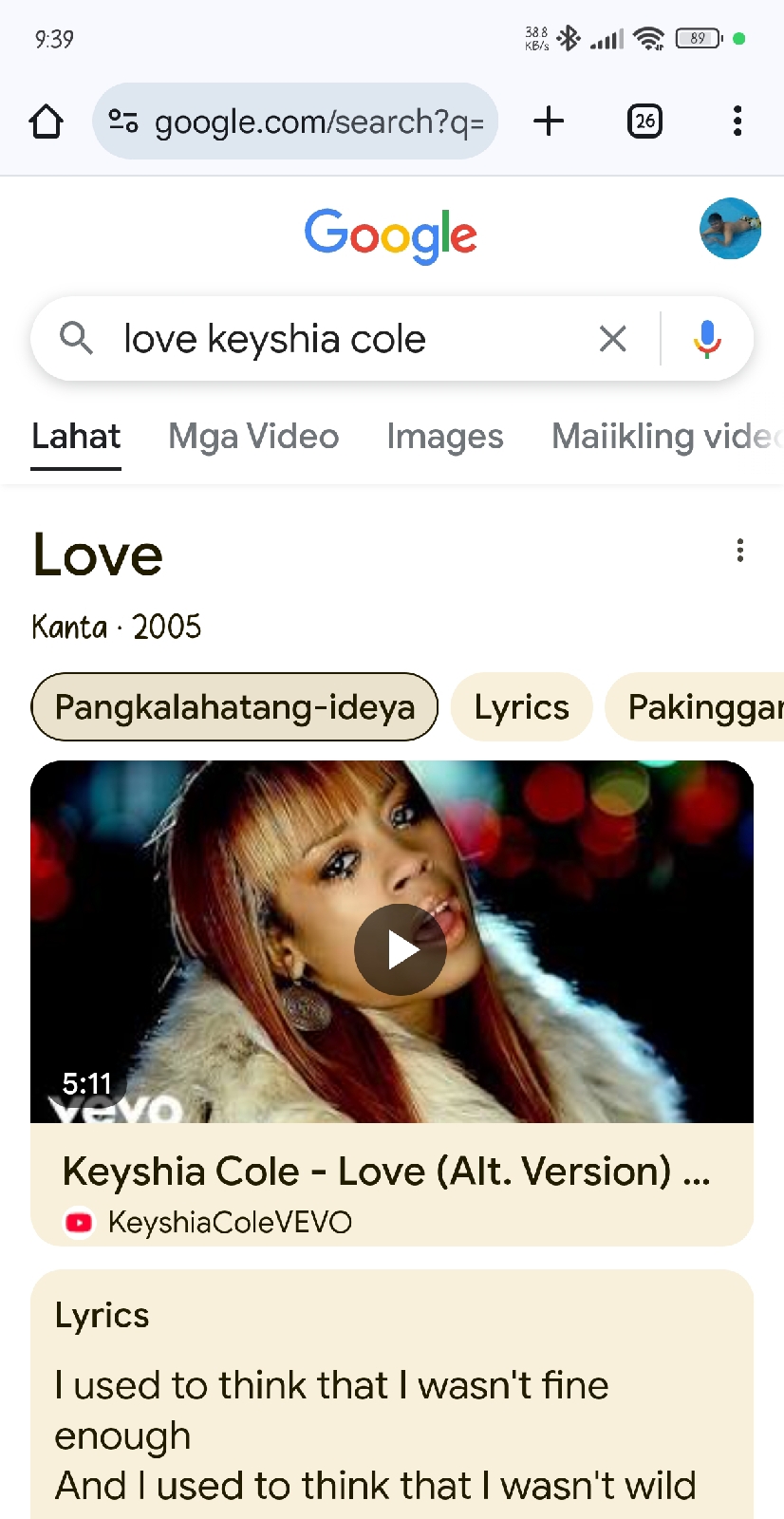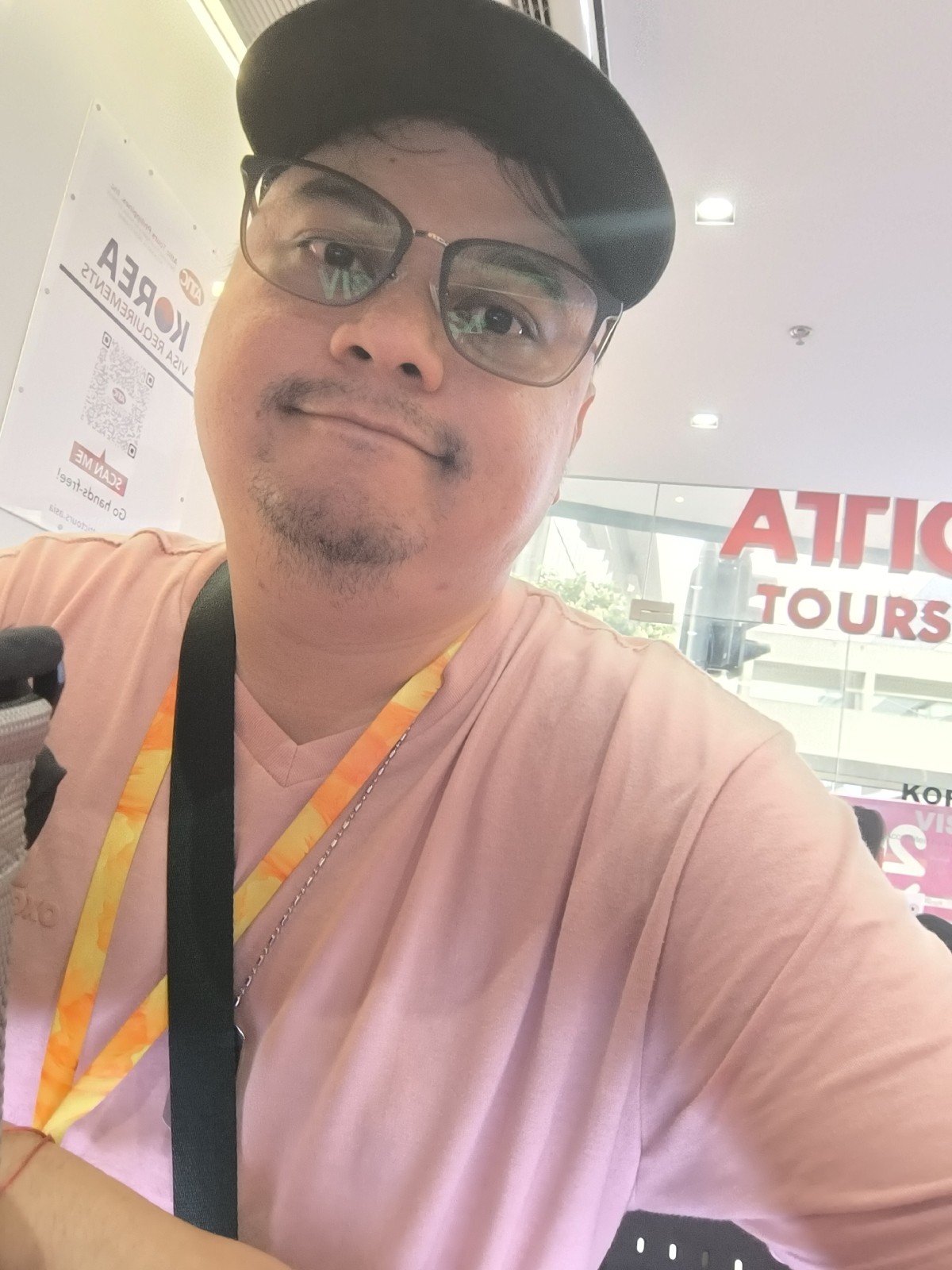Dream - July 27 - Tayabas
The Dream of a Divided Land: A Personal Reflection on a Nightmarish Vision
The night's embrace was shattered by a visceral dream, a tapestry woven from the threads of conflict and fear. It wasn't a dream of abstract violence, but a deeply personal experience, a haunting echo of the ongoing conflict between Israel and Palestine. The dream, raw and unsettling, left me grappling with its complexities and the profound emotions it evoked.
The dream unfolded in a fragmented landscape, a mosaic of despair and resilience. I found myself navigating a war-torn cityscape, the air thick with the acrid scent of smoke and the echoes of distant explosions. The streets were deserted, save for the occasional figure huddled in fear, their faces etched with the pain of displacement and loss.
The first scene unfolded in a dilapidated building, a refuge for Palestinian survivors. It was a sanctuary, a fragile haven amidst the chaos. The building itself was a testament to the conflict's brutality, its walls scarred with bullet holes and its windows shattered. Yet, within its crumbling walls, a sense of community thrived.
There was a young boy, his eyes haunted by the horrors he had witnessed, his small hands trembling as he clutched a gas-filled bottle. He was possessed, manipulated by an unseen force, his innocence twisted into a weapon. The air crackled with tension as he approached the ancient, hidden chamber within the building, a place of immense historical significance. The chamber held a deep, almost sacred, meaning for the Palestinians, a symbol of their heritage and resilience.
Suddenly, a figure emerged from the shadows, its face contorted into a grotesque mask of malice. It was a demon, a manifestation of the hatred and violence that fueled the conflict. With a cruel laugh, it ignited the gas, engulfing the chamber in flames. The boy, his face contorted in agony, watched in horror as the flames consumed the ancient sanctuary.
The scene shifted, and I found myself on the other side of the conflict, in the heart of Israel. The dream painted a stark contrast, a landscape of strict security and a pervasive sense of distrust. The Israeli border, a seemingly impenetrable wall, was guarded by razor wire and a menacing presence of sharks, symbolizing the unforgiving nature of the conflict.
A drag queen, a symbol of acceptance and diversity, stood at the border, her face etched with sadness. She welcomed the refugees, but only with a cold, calculated acceptance. The dream revealed a chilling truth: even those who seemed to offer refuge were ultimately complicit in the violence, their compassion tainted by the conflict's deep-seated prejudices.
I saw Palestinian refugees, women and children, their eyes filled with terror, their bodies bearing the scars of displacement and loss. They were denied refuge, their pleas for safety ignored. The dream underscored the brutal reality of the conflict, the dehumanization of the Palestinians, and the chilling indifference of the Israeli authorities.
The dream then took a personal turn. I recognized two of my own garments, symbols of my own identity. I was surrounded by two women, my relatives or friends, their faces obscured by shadows. They were being questioned, their loyalty to Palestine scrutinized. I felt a deep sense of fear, knowing that my own identity was being called into question. The dream highlighted the insidious nature of the conflict, its ability to seep into the fabric of our lives, to divide families and friends, and to create a climate of suspicion and fear.
The dream concluded with a chilling image. A man, his eyes filled with desperation, handed me a blue vial filled with a strange liquid and a needle. The vial, a symbol of hope and desperation, represented the search for a solution, a way to end the conflict and heal the wounds of a divided land.
The dream left me shaken, its images and emotions lingering long after I awoke. It was a visceral experience, a glimpse into the human cost of the conflict, the pain and suffering it inflicted on both sides. It was a dream of division, of fear, and of the desperate search for a solution. It was a dream that left me questioning my own role in the conflict, my own complicity in the cycle of violence and hatred.
The dream was not a call to action, but a call to reflection. It was a reminder of the human cost of conflict, the need for empathy and understanding, and the importance of finding a path towards peace and reconciliation. It was a dream that left me with a profound sense of urgency, a need to engage with the conflict, to learn more, to understand the complexities of the situation, and to find my own voice in the search for a solution.



